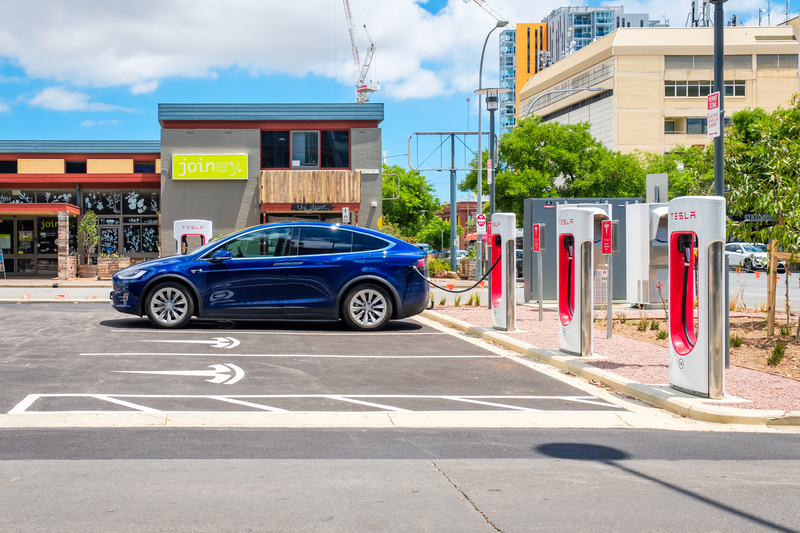However, the longstanding business models of power utilities in the US are creating barriers for retailers to roll out this infrastructure.
That is the view of Ryan McKinnon of the ChargeAhead Partnership, a coalition of fuel retailers and entrepreneurs who are involved in or looking to enter the EV charging business.
Speaking at the recent EV Charging Infrastructure Summit virtual conference, McKinnon said that existing retailers are conveniently located, and are fuel agnostic – they just want to sell you what you need to get back on the road and are not beholden to diesel or gas, and they are conveniently located often on highway interstates.
"We are working to advocate for rules and policies that make it possible for people to make money from EV charging,” he says. “We are advocating in dozens of states to get policies overturned and changed.”
There was a landmark moment for electric vehicles in the US in September when the Biden administration set the goal of 50% of all cars being EVs by 2030, compared to the 3% that were electric vehicles in 2021.
"As manufacturers devote more of their production to EVs, it's clear that EV use will dramatically increase,” McKinnon says. “However one major factor that may limit EV growth is the lack of access to reliable chargers. ‘Range anxiety’ is the number one factor holding people back from buying an EV.
“We need a vast network of accessible, affordable and high-speed charging stations so that recharging an EV is as easy as filling a car with gas.”
From an environmental perspective, McKinnon says it makes sense to leverage existing retail locations rather than creating a completely new infrastructure network of EV charging stations.
“They [existing retailers] also have the amenities that customers expect when they stop on a road trip like being able to grab a coffee, get food, and use the bathroom,” he adds. “Those are the type of amenities they are going to want, especially when charging an EV which is going to take longer than filling up with gas.”
So why aren’t we seeing EV chargers popping up more often at these locations?
McKinnon says this is because the power companies currently dominate the EV charging market, creating economic barriers that keep retailers out of the EV charging business.
While stressing that the ChargeAhead Partnership is “not anti-power company” he says their long-established business model has meant there is no competition, which has played its part in high-speed charging stations being few and far between, often in hard-to-find locations, with many chargers being out-of-order.
A high-speed DCFC charger can cost a retailer up to US$100,000 to install and they have to recoup this cost, while a power company can use money from their customers to subsidize charger rollouts – a practice known as “rate basing”.
EV charger operators know they can’t compete with power companies that do this so they don’t go to these locations.
“Utilities should be prohibited from using ratepayers’ money to subsidize the cost of EV charging equipment, ownership and operations,” says McKinnon. “We need regulators and legislators to establish rate structures that make sense for EV charging so that we can get more charging stations out there.”





Follow Us On Social Media